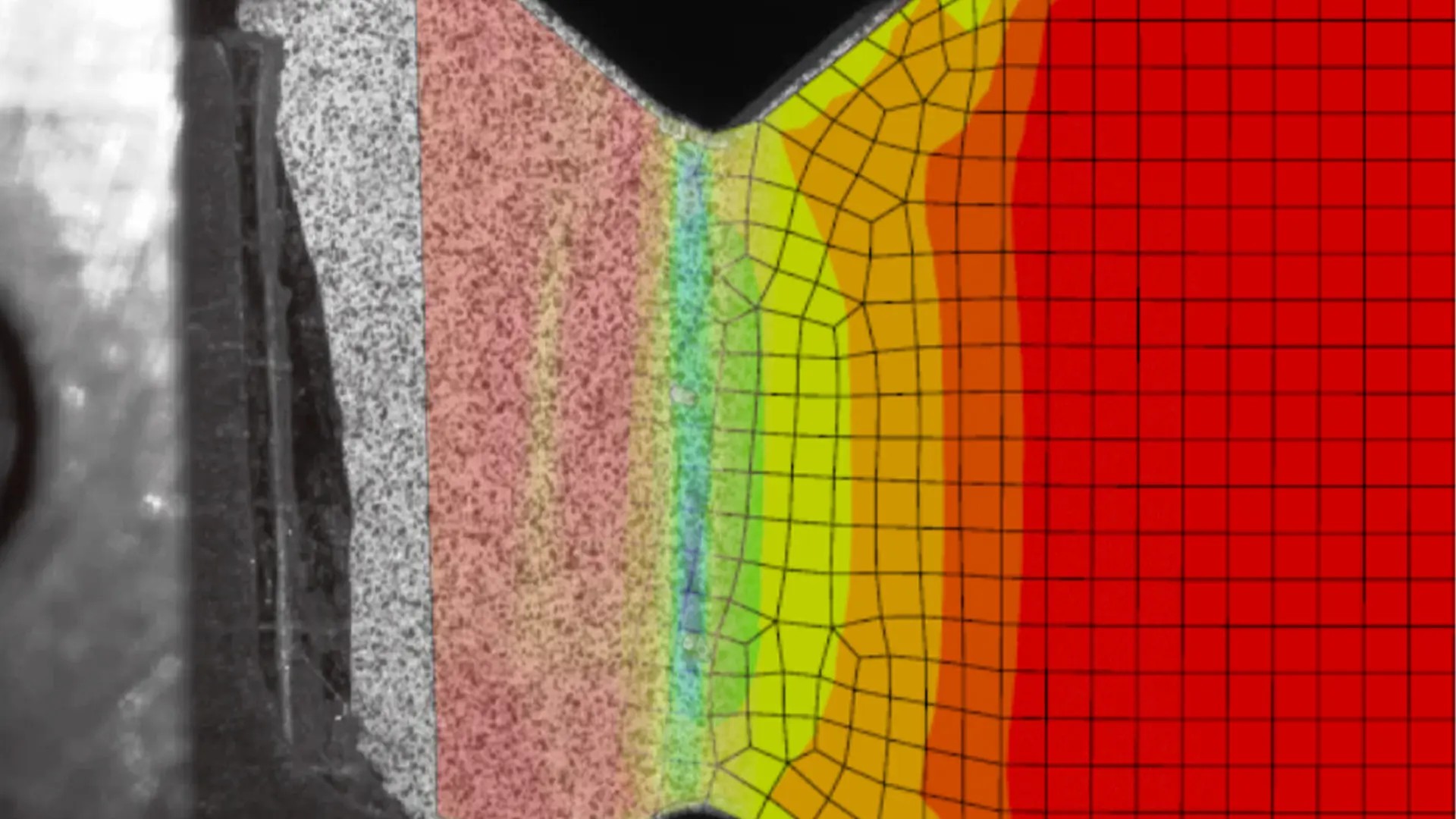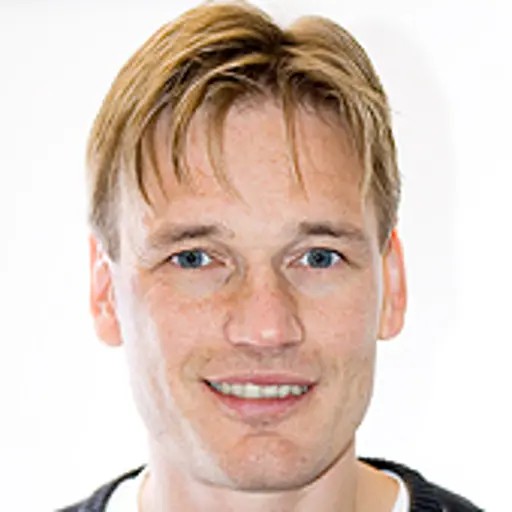
The scientific basis for doctoral studies in Solid and Structural Mechanics spans mechanics, strength of materials, and structural mechanics. Your research project may be of theoretical and/or applied nature.
Theoretical and numerical tools can be developed and supported by experiments in labs and in field. Your research will contribute to development of efficient and optimal mechanical solutions fulfilling the ever-increasing demands on mechanical properties, economic and environmental impacts. To be able to successfully conduct research and teach on undergraduate and graduate level you are expected to master fundamentals of mechanics, strength of materials, and numerical analyses. With a PhD in Solid and Structural Mechanics you are well qualified for advanced engineering tasks. You also have a unique competence for performing independent research in the field. Read more in the study plan.
The graduate school is organised within the Department of Mechanics and Maritime Sciences and Industrial and Materials Science (IMS)
Syllabus
Established by the First Vice President on 2005-05-17, registration number C 2005/604.
Latest revised on 2021-06-28, registration number M2 2021-1043.
This syllabus applies to doctoral students admitted as of 2021-09-01.
Regarding older syllabus, please contact the deputy/vice head of department.
Transitional regulations:
A doctoral student admitted to an older syllabus may earn a degree in accordance with this, provided that the current Appointment regulation for doctoral programmes and current Local Qualifications Framework – third cycle qualifications are followed.
Doctoral students admitted to an older syllabus of graduate school Solid and Structural Mechanics as of 2012-12-18 can, however, change to the current syllabus by an application to the Deputy/Vice Head of Department. The change must be documented in the individual study plan.
The graduate school is regulated by the Appointment regulation for doctoral programmes and the Local Qualifications Framework for Chalmers University of Technology - third cycle qualifications and is described in the syllabus for the graduate school. In the event of any conflict between the documents, the Appointment regulation for doctoral programmes and the Local Qualifications Framework for Chalmers University of Technology - third cycle qualifications are governing. For the most recent version of all regulatory documents referenced in this syllabus, see Chalmers’s internal website.

